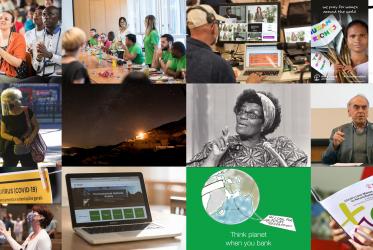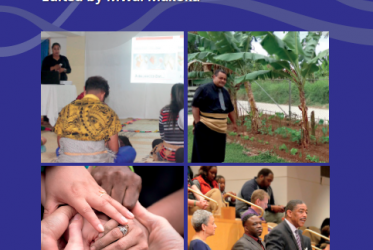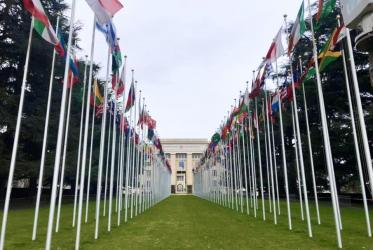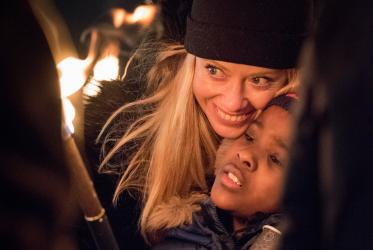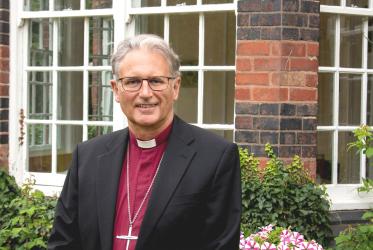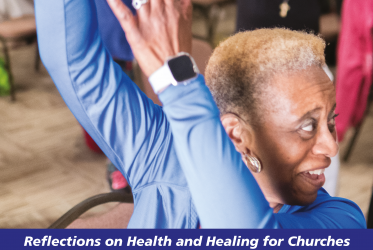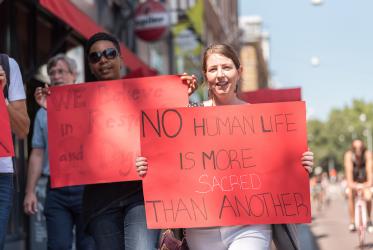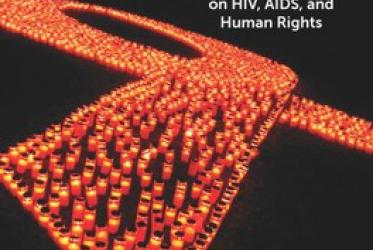Displaying 1 - 20 of 23
Pacific Theological College publishes “A COVID-19 Wellbeing Statement”
03 September 2021
“Coventry Cathedral continues to speak a word of hope to the world”
10 December 2020
WCC executive committee tackles public issues
07 November 2018
WCC supports UN petition from French Polynesia
07 November 2018
WCC book featured in UN discussion on gender, religions and health
16 September 2016
Prayer and hope mark anniversary of atomic bombings
05 August 2016





